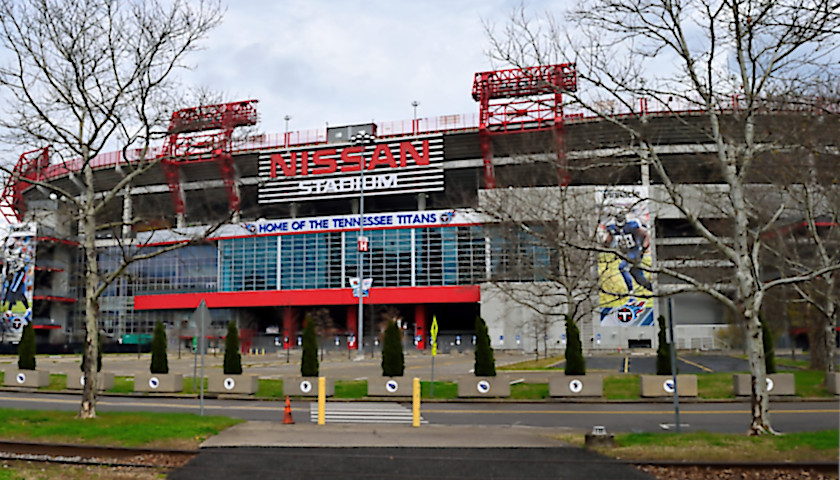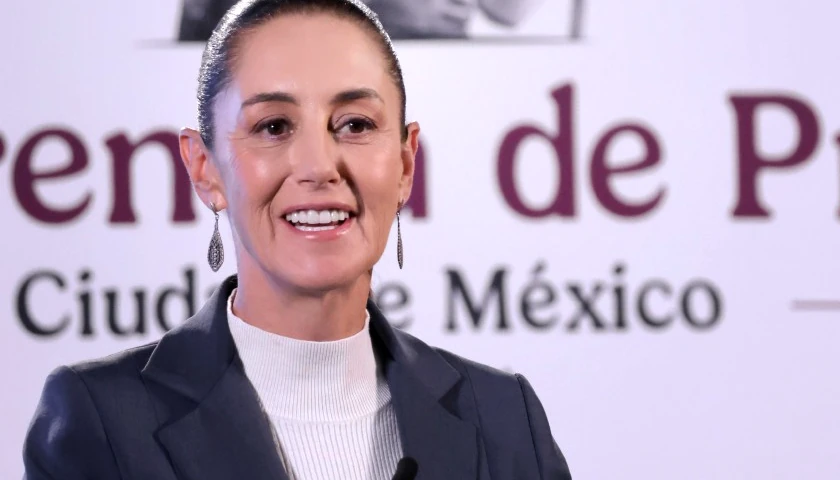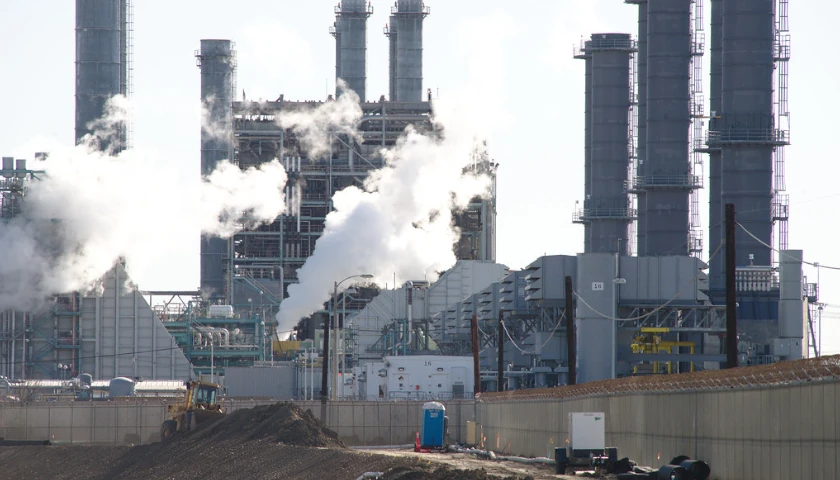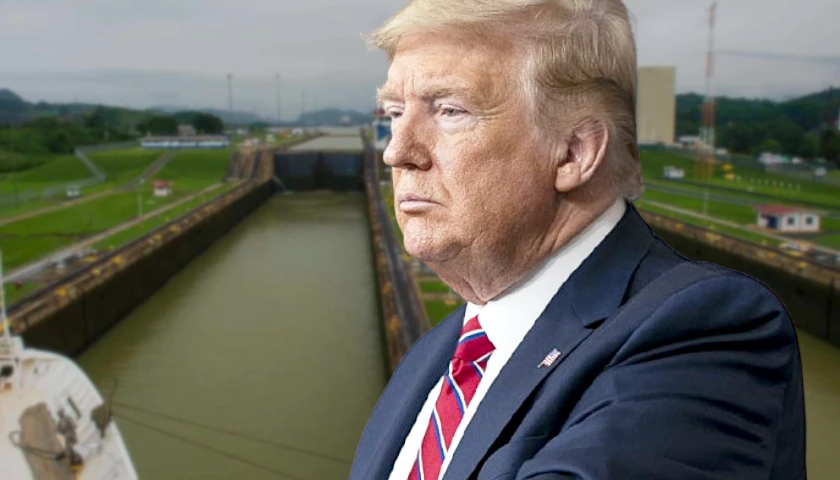by Jon Styf
A “first-class” condition requirement was at the forefront of Tennessee Titans Chief Executive Officer Burke Nihill claiming Metro Nashville would owe $1.839 billion in renovation costs at Nissan Stadium.
But a new lease agreement with the team for a new estimated $2.1 billion stadium, set to open in 2026, would also include a similar “first-class” requirement. The final documents were released publicly Wednesday before they are scheduled to receive a first reading at Tuesday’s Metro Nashville Council meeting.
The documents also define a 130-acre sales tax capture zone around the stadium, which is set to receive a record $1.26 billion in public funding for construction but will also receive ongoing tax funds that will both pay for Nashville Sports Authority bonds on construction but also will be used to pay to keep the new stadium in “first-class” condition.
The city must “maintain the Stadium as a safe, clean, attractive, and first-class facility reasonably comparable to the Comparable NFL Facilities (with due consideration given to the remaining term of this Lease (and to the remaining term of the lease of any Comparable NFL Facility, to the extent applicable) and to any unique market conditions (such as climate, surrounding landscape, local laws and regulations and any requirement to serve as the home venue for other professional, collegiate or amateur sports teams)) and in a manner that is consistent with requirements imposed by the NFL and Applicable Law.”
In the Titans’ first lease in Nashville, similar improvements were required to be paid the Metro Nashville government while the new lease has those payments coming from a tax fund, which is projected to collect $2.9 billion over the 30-year lease term, and backstopped by the Titans.
East Bank Stadium Committee Chair Bob Mendes noted that, during the stadium negotiation process, both the Titans and Metro Nashville Mayor’s Office claimed the Titans would pay for future stadium improvements and repairs and the new deal would take Metro “off the hook” but that isn’t true.
“It is also important to mention that the spin job from May through October – the claim that the Titans will pay for future stadium improvements – is still largely viewed as true still today even though the administration and the team pivoted months ago to the ‘backstop’ talking point,” Mendes wrote. “The bottom line is that the stadium deal will rely on hundreds of millions of dollars of public tax dollars for future stadium improvements, with those public funds being administered by the team.”
The lease notes SoFi Stadium, home of the Los Angeles Rams and Chargers, will not be considered a comparable facility.
Instead, comparable facility is defined as a “premier, first-class, multipurpose sports stadiums incorporating, at the time of initial construction or material renovation, technological innovations, environmental sustainability considerations, and other best practices in design, construction, and ultimate operations, in which NFL teams regularly play their games and that are of comparable size and age, adjusted to reflect any material renovations, as the Stadium.”
The city also was required to draw a 130-acre zone adjacent to the stadium that will have 50% of its local and state sales taxes captured and put into the $2.9 billion fund.
That zone was drawn between Interstate 24 and the Cumberland River with Sylvan Street and Korean Veterans Boulevard as borders on one side and James Robertson Parkway and North 1st Street as borders on the other side. Current property owners in that zone include Howerton Associates, the Metro Sports Authority, 200 Main Partners, Pinnacle Woodland Street, 7-Eleven, Continental Inns, Crafco, Parkway Associates and TLC Properties.
– – –
Jon Styf is an award-winning editor and reporter of The Center Square who has worked in Illinois, Texas, Wisconsin, Florida and Michigan in local newsrooms over the past 20 years, working for Shaw Media, Hearst and several other companies.








